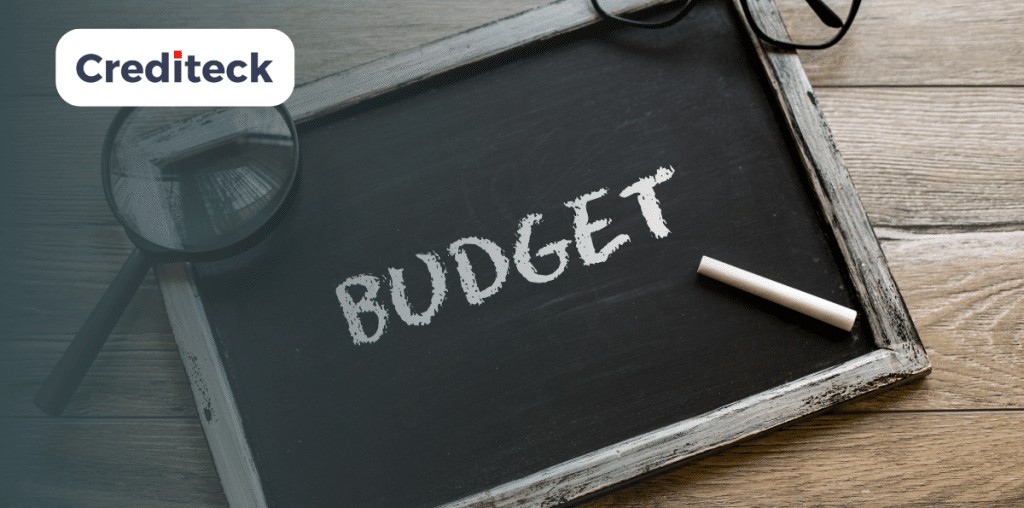Intro
As a freelancer or gig worker, you may experience a fluctuating income, which can make it particularly challenging to budget effectively. You might not have the same income month to month or even the same income sources. However, there are ways to budget effectively despite the variability in your income. In this article, we will explore five brilliant budgeting techniques for people with an irregular income.
Budgeting Technique #1: Keep Track of All Your Income Sources
If you’re a freelancer, note down your paying clients. If you are juggling multiple gigs, such as driving for Uber or delivering food for Uber Eats, record all those income sources as well. You can use an Excel spreadsheet or an app (e.g. QuickBooks) for this purpose. Update your spreadsheet or app regularly.
Having an idea of where your money is coming from at all times is essential to managing your time effectively and doubling down on activities with the highest return on investment. Armed with a clear awareness of your main and ongoing income sources may help you optimize your income while budgeting effectively for both everyday expenses and unforeseen emergencies.
Budgeting Technique #2: Determine Your Average Monthly Income
While your income may fluctuate month to month, it’s important to establish your typical monthly earnings. This will allow you to budget more effectively. Knowing how much you’re likely to earn each month will allow you to calculate what you can afford in terms of housing and other everyday expenses as well as your pleasure spending. You may pick a period of, say, twelve months, add up your earnings for those months, and divide the total by twelve. This will give you your monthly average. Then you can see how much of your income you can allocate to different expenses e.g. housing, groceries, entertainment, dining out, and more.
Budgeting Technique #3: Budget for Low-Earning Months
In addition to determining your average monthly income, it’s important to design a budget for low-earning months. During low-earning months, you need to prioritize fixed expenses such as housing and reduce your pleasure spending as much as possible. Subtract the unavoidable expenses from your income that month and use whatever is left over strategically, whether for saving or paying off debt. You may not be able to save much during the low-earning months, if anything, so covering your necessary and immediate expenses should be your priority.
Budgeting Technique #4: Save During High-Earning Months
When you have a high-earning month, try to direct the extra funds to your savings and/or debt repayment obligations. Building up your savings, whether it’s an emergency fund or setting aside money in your TFSA or RRSP accounts, will allow you to have a buffer during times of economic hardship or when you have emergency expenses e.g. car repairs or a medical bill. While the budget for low-earning months should focus on paying off your immediate financial obligations, your budget for high-earning months should take advantage of saving and investing the additional income to protect yourself against future economic shocks. One budget used for those with a higher income is 50/30/20, whereby you spend 50% of your income on everyday needs and 30% on things you may want but not necessarily need while saving the remaining 20%.
Budgeting Technique #5: Lower Your Variable Expenses
Your variable expenses are obviously more flexible than your fixed expenses and may be optional in some cases. Your variable expenses may include dining out, entertainment, and frivolous purchases. Limiting your variable expenses may help you save money and allow you to redirect those funds toward debt repayment – in other words, to use those funds for more pressing financial needs. Review your budget and see where you can opt for more affordable alternatives, such as brewing coffee at home instead of buying coffee at large coffee chains. Such simple tweaks to your budget can result in significantly higher savings over the long term. Even $20 saved per week would result in an additional $1,000 saved over 50 weeks.
Conclusion
We work with lenders who may approve self-employed workers or gig workers on variable income. If you need to cover a cash shortfall between paycheques, consider applying for a personal loan online via Crediteck. We don’t check your credit score or credit report during our simple and quick online application process. Additionally, if you wish to improve your credit score, consider signing up for Credit Verify. You will be able to monitor your credit score and automatically identify mistakes on your credit report with the help of this advanced technology platform.


